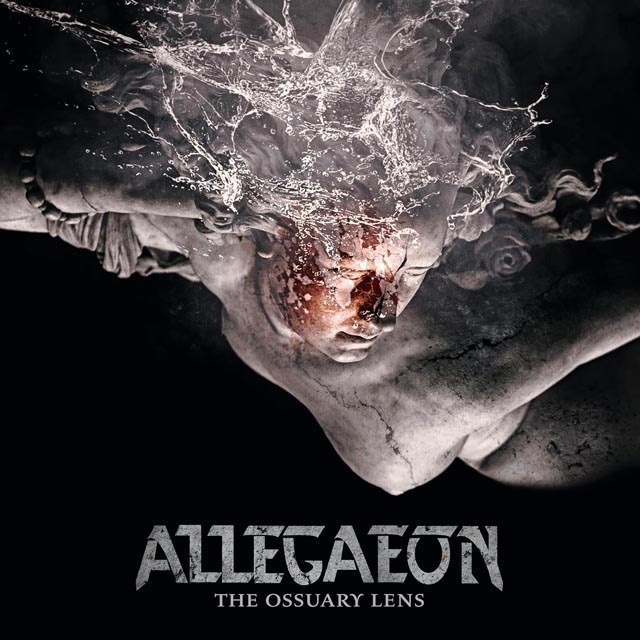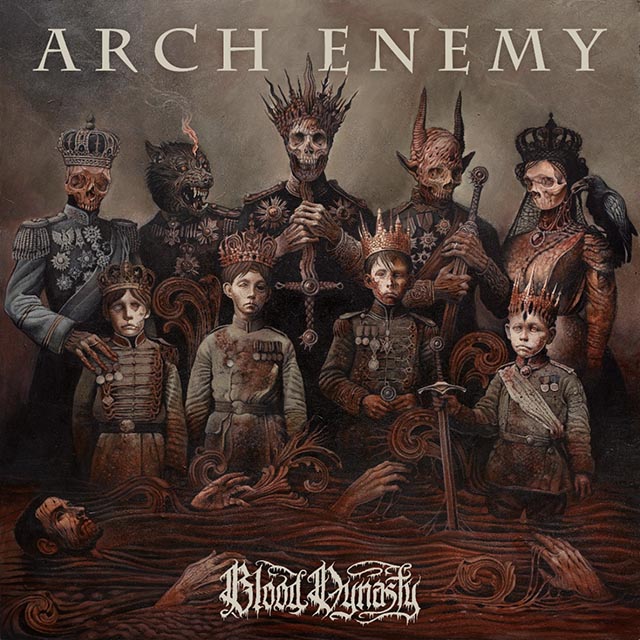 Headbanger’s Brawl is a weekly column where Metal Insider’s Bram and Zach take a moment to debate and analyze two opposing sides of a topical issue occurring in the world of metal and/or the music industry.
Headbanger’s Brawl is a weekly column where Metal Insider’s Bram and Zach take a moment to debate and analyze two opposing sides of a topical issue occurring in the world of metal and/or the music industry.
In case you’ve ignored the metal blogosphere for the past week or so, Morbid Angel came out with a new album called Illud Divinum Insanus. And some people don’t like it. Make that, a lot of people don’t like it! While most albums aren’t hated enough to inspire their own meme or Facebook page (or even a Hitler reaction video for that matter), Bram and Zach decided to ponder the following question in this week’s Headbangers’ Brawl: How much do album reviews impact how you consume music?
Bram: Looking at Morbid Angel’s critical savaging, I think you have to take into account where the reviews are coming from. They’re mostly old-school fans that were super excited about David Vincent returning, and are disappointed the band didn’t make a pure death metal album. So if I was a huge Morbid Angel fan, I probably wouldn’t have that much interest based on the reaction, but I’d still listen. I think where reviews would make a difference are if it was a band or genre I wasn’t that familiar with. For example, black metal and rap are about the same for me. I don’t hate either, but there are other genres I like more. However, if a rap/hip-hop album or black metal album comes out and I read great reviews about it or hear good word of mouth, I’d be likely to check it out. If something’s badly reviewed, I probably would be less inclined to.
Zach: I totally agree with you that it really depends on the band or genre I’m into. However, I’d also argue that a lot of it has to do with the source of the review as well. For instance, if I heard from multiple metal blogs that the new Machine Head song/record sucked balls, my opinion of it may be altered. I’d still listen but definitely would approach it more critically than before. On the other hand, if it’s a magazine like Rolling Stone pisses on a Machine Head album (which is essentially what they did in their review of The Blackening), then I’d be inclined to ignore the review. To simply put it, if the review’s source tends to think less of a certain band or bands similar to their style, then chances are I’m going to brush it off as them simply player hating (yes, I used the term player hating. I represent for realz dawgs!).
B: Isn’t it “playa hating?” or “playa hatin’?” Get with the times, dawg! If I like a band, it won’t matter what the reviews are because I’ll listen to them anyway. But sometimes you’ll find a publication or album critic whose tastes are so aligned with your own that you’ll trust their opinion. That’s when I find myself paying attention to reviews. And popular opinion does matter – It’s rare that something will be so hated that there will be a huge consensus (I’m looking at you, St. Anger), but when it is, chances are it’s worth at least taking the collective opinion into account.
Z: Don’t be fronting Bram, don’t be fronting. I again agree with you Bram, when something is hated by a huge consensus, like St. Anger, then the chances are it truly is hate worthy. Yet St. Anger still went on to sell a crap load of records. Sure, part of that is because it’s Metallica, but despite the negative reviews it got from a majority of metal fans, people still bought the album. Is this because people were just curious to hear what all the fuss (good and bad) was all about, or did the diehard fans still come out and put up money for it out of love for the band? I’m going to go ahead and argue that it’s a mix of both. The true question is whether they’ll be willing to pick up anything new from the band afterwards ever again.
B: It turned out they were, as Death Magnetic also went on to sell enough to keep Lars buying Picassos for a while. But again, that’s where public opinion came in, as well as reviews. If it was reviewed worse than St. Anger was, there probably would’ve been a lot of people that gave up on them for good. What don’t kill ya make ya more strong.






